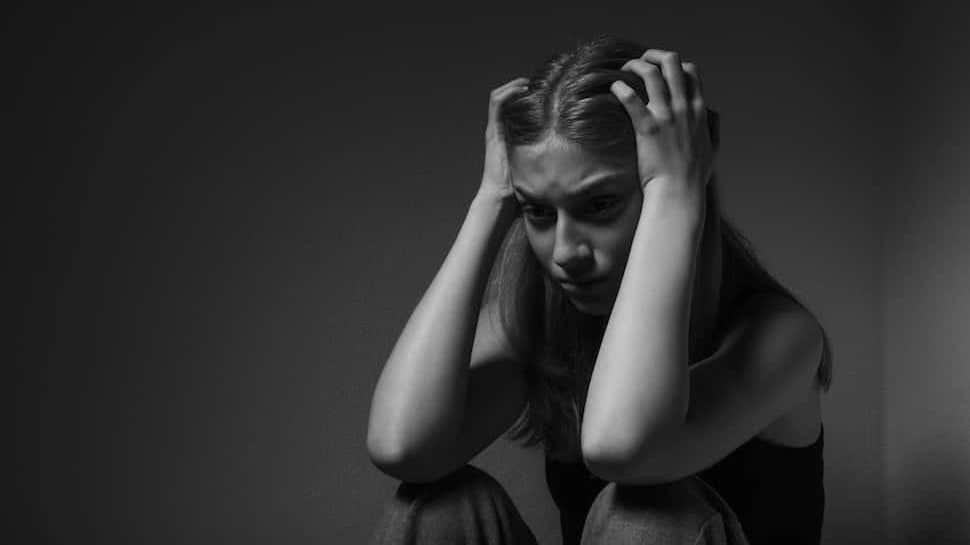
Heroin Addiction Symptoms
If you are reading this, you or someone close to you is probably going through the trials of heroin addiction right now. And while this may be the most difficult road you travel in life, we hope you find comfort in knowing that you don’t have to travel it alone. Although you may already have experiential knowledge of what heroin addiction is and what it can feel like, there is still a great deal of information that you might not be aware of that can help guide you on your path to sobriety. What else is there to understand? Let’s take a closer look.
It is important to start at the root of an addiction to fully grasp it. In this case, our subject is heroin. Scientifically speaking, heroin is an incredibly potent painkiller that is derived from the naturally occurring chemical known as morphine. Once an individual experiments with heroin, it is incredibly hard to break free from its chains. The chains that heroin binds you in is what we simply call addiction, and this addiction is what we are committed to helping you tackle step-by-step.
Heroin addiction is present whenever an individual is physically and psychologically hooked on heroin. In other words, addiction occurs when an individual needs heroin to maintain functionality. According to a 2011 heroin use study, 4.2 million Americans aged 12 or older had tried heroin at least once in their lifetimes, which represented 1.6% of the population. The study also showed that approximately 23% of individuals who have used heroin become dependent on it. With the ever-increasing availability of prescription opiates, many people who begin by taking pain medication following a surgery can end up on heroin. So, when exactly does heroin use become addicting? What are heroin addiction symptoms that we can look to as confirmation of an issue in someone we love?
An individual can typically be considered a heroin addict once they start to show several of the following characteristics:
- An individual starts to use heroin despite being aware of the social, professional, financial, and personal issues and consequences that arise due to heroin usage
- An individual tries and fails to cut down on heroin consumption repeatedly
- An individual experiences constant or near constant cravings for heroin
- An individual develops a tolerance to heroin and needs to use a larger quantity for the same effect
- An individual experiences withdrawal symptoms when they are not using heroin
Heroin Addiction Symptoms: The Physical Side
If you or someone you love is considering seeking heroin addiction treatment, it is important to understand both the physical and psychological symptoms that accompany the disease. Heroin takes control of both the body and mind of the individual using. One of the most devastating characteristics of heroin addiction is the physical metamorphosis that a user goes through.
Among the most common physical symptoms of heroin addiction are:
- Weight Loss: It is common for an individual using heroin to experience weight loss. This could be a result of the heroin attacking the body, and/or be due to the individual cutting back on his or her food intake.
- Decrease in Personal Hygiene: This is a common symptom of heroin addiction that manifests itself in the form of dirty clothing, unkempt hair, dirty fingernails, and unwashed skin.
- Increased Amount of Sleep: Since heroin is a member of the opiate family, it is not uncommon for an individual using heroin to experience a substantially increased need for sleep.
- Scabs and Sores on the Body: Heroin is notorious for causing itchy skin. As a result of constant itching, which many heroin users continue throughout their sleeping hours, it is not uncommon for an individual who is using heroin to suffer from scabs and sores on their skin.
- Increase in Risky Behaviors: Once an individual is hooked on heroin, they may find themselves engaging in ever-riskier behavior in order to get more heroin or to get money to buy heroin.
Psychological and physical heroin addiction symptoms are each beyond difficult in their own right, and the discomfort they bring is not part of the life you were meant to live. The caring team of experienced, empathetic professionals at Alta Mira Recovery is waiting to help alleviate these heroin addiction symptoms with a treatment plan that is uniquely tailored to your needs.
Heroin Addiction Symptoms: The Psychological Side
Heroin addiction is incredibly complex with many factors involved. When dealing with heroin addiction it is important to treat both the physical and psychological symptoms. At times, the physical symptoms overshadow the psychological only because they are the most visible; however, the psychological effects are often the most damaging and difficult to overcome.
Even though overcoming your addiction may seem scary or even impossible at times, the team at Alta Mira Recovery wholeheartedly believes in you. You have the ability to soar far above where you are now, and we know because we’ve seen it so many times before. In our collective experience we have helped countless individuals at every stage of heroin addiction, and it was from some of the most daunting circumstances that some of the greatest success stories were born.
While it is of vital importance to seek treatment at any stage of heroin addiction, the following psychological symptoms present an especially urgent situation…
- Hallucinations and Delusions: Heroin can cause strong hallucinations and delusions while an individual is using and while an individual is withdrawing.
- Drug-Induced Paranoia: Once an individual has gone down the rabbit hole of heroin addiction, it is common for him or her to experience a heightened sense of paranoia. In other words, fearful thoughts about the world and people surrounding them.
- Heightened Depression: While often a co-occurring condition, heroin addiction can make depression much worse.
- Hostility Towards Others: Usually associated with a sense of paranoia and anxiety, an individual who is experiencing heroin addiction can often become hostile towards others if they are feeling threatened or experiencing withdrawal symptoms.
How Can We Help Treat Your Heroin Addiction Symptoms?
In order to overcome your heroin addiction symptoms and achieve long-term sobriety, it is important to have access to a highly trained and professional staff of psychiatric, medical, and psychological experts. Here at Alta Mira Recovery, we understand the complexity of your addiction and will work to develop a personalized treatment plan to help you become the best possible you.
Our highly-trained staff will work to develop a safe, comfortable heroin detox plan and behavioral therapies that will tackle your addiction and mental health concerns head-on. Your struggles with addiction are strongly connected to your mental health and must be treated as such.
The best part? You can begin the healing process today. Our clinical programs are designed to give you access to the best heroin addiction treatment methods available in a setting that inspires and motivates you to embrace lasting recovery. If you have questions, please contact us at any time. We look forward to hearing from you.






